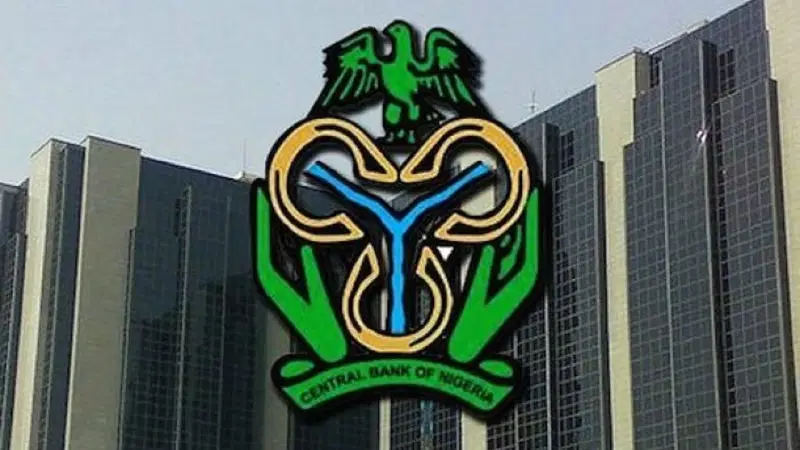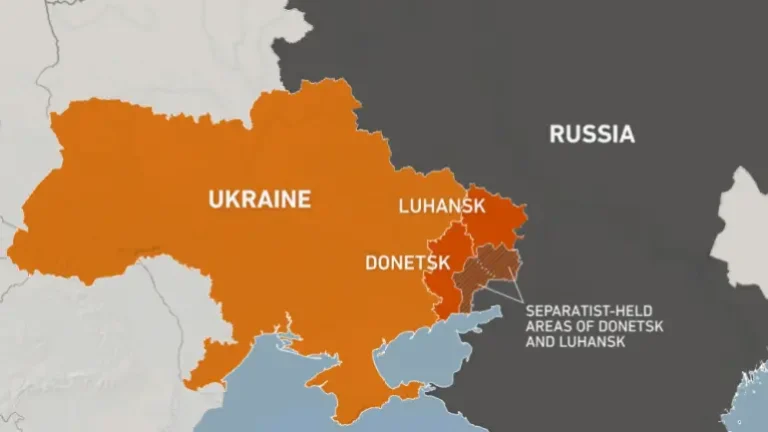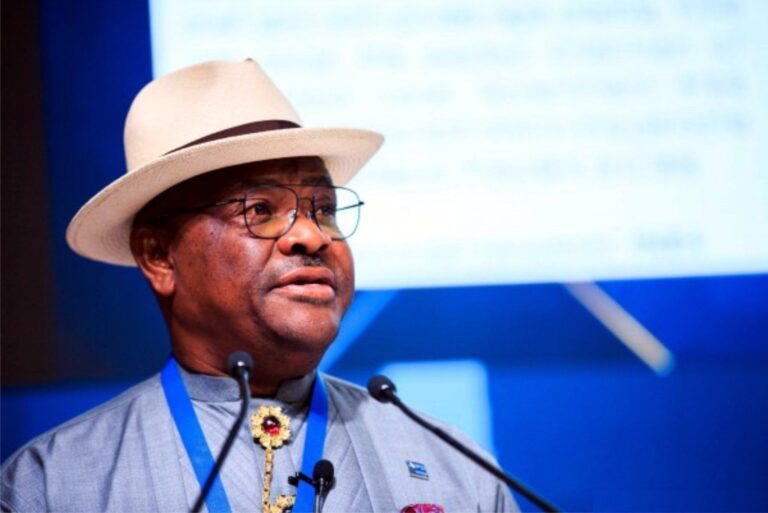
The Central Bank of Nigeria (CBN) plans to diversify the nation’s reserve base.
The Governor of the CBN, Mr. Olayemi Cardoso, gave the hint at the opening of the Afreximbank Annual Meetings (AAM) in Abuja, yesterday.
Foreign Reserve diversification refers to the practice of central banks and monetary authorities reducing their reliance on a single currency, usually the US dollar, by holding a wider range of assets in their foreign exchange reserves. This involves increasing holdings of other major currencies like the euro, yen, and yuan, as well as assets like gold and Special Drawing Rights (SDRs).
He did not provide details on the diversification but said it would be part of the reforms by the monetary authorities to better position the nation’s FX market in the interest of the economy.
His words, “As part of our ongoing policy reforms in the foreign exchange market to boost diaspora remittances and support Naira stability, we have introduced two financial products, namely the non-resident Nigerian ordinary account and the non-resident Nigerian investment account designated to serve Nigerians living abroad.
“This initiative is expected to provide a secure and efficient platform for managing funds investing in the Nigerian financial markets. This would harness the economic potential of Nigerians in the diaspora by boosting remittances and fostering investment in critical sectors of the economy.
“It is therefore imperative for initiatives such as this to be embraced to ensure that Africa and its diaspora continue to act in unison.
“And let me say also that for us, this particular initiative is certainly going to be a game changer, and people will now begin to understand a lot better how Nigeria is diversifying its revenue base and its reserve base, so please watch that space.”
The CBN boss said that African nations must take steps to shield the continent from global shocks and that at the CBN, he has focused on building confidence among stakeholders and partners.
Forces against Afreximbank
In his address, Senior Vice President Afreximbank, Mr. Denys Denya, noted that at its establishment 32 years ago, Afreximbank faced a lot of resistance from within and outside the African continent but it has remained resilient.
He words, “I want to remind us that the establishment of Afreximbank was Africa’s response to the confluence of crisis during that time, but the establishment of afriximbank was also met with fierce resistance, both from within and without Africa.
“It was clear that those with that goal wanted to perpetuate the culture of dependence and hinder development of the continent that led such resistance. Notwithstanding the fearsome position to its creation, uncertainty has ascended into systemic relevance, supporting current clients and continental development escalations.”
He added, “Over the last 32 years, Afreximbank has grown from modest beginnings to become a symbol of African financial fortitude, from an initial capital base of $750 billion relatively small amount by international standards, the bank has expanded its capital assets to over 40 billion.”
According to the VP, the 2025 Meeting would “consequential impact and alter the development trajectory of our continent.”
In a message, Vice President Kashim Shettima applauded the bank for investing about $52 billion in Nigeria.
The message delivered by Dr. Tope Fasua, Special Adviser on Economic Matters to the President, in the Office of the Vice President, the VP said, “It has mobilized and disbursed more than $100 billion across Africa, and over $52 billion to Nigeria, more than any other country on the continent”.
“The African Medical Center of Excellence, which opened just weeks ago, providing world-class oncology, cardiology and hematology services and reducing the over $1 billion spent annually on medical terms; the African quality assurance centers in Kaduna and Ogun States, strengthening the export readiness of Nigerian products.
“A $300 million export manufacturing initiative, strategically located in Cross River, Enugu and Kano States to catalyze industrial clusters and the pivotal $3 billion intra Africa petroleum trade facility, enhancing Nigeria’s energy security and supporting domestic refining capacity.
“These are not merely projects. They are strategic investments in resilience, in sovereignty and in shared prosperity.”
Trade, Economic Outlook Report Giving insights into the Trade and Economic Oultlook, Afreximbank’s Chief Economist, Dr. Yemi Kale, said despite the challenges, Africa remained resilient.
He said that in the face of the trade tariffs crises, “Our weakness in the global trade has reduced the impact of the global economic dynamics.”
He said the bank expected trade to increase, growth to continue and the average continental inflation rate to reduce from the current level of 19 percent to about 15 percent.
The report, he said estimated growth at 4 percent to be achieved through greater intra-African trade and more support from multilateral financial institutions in the region.
VANGUARD.




